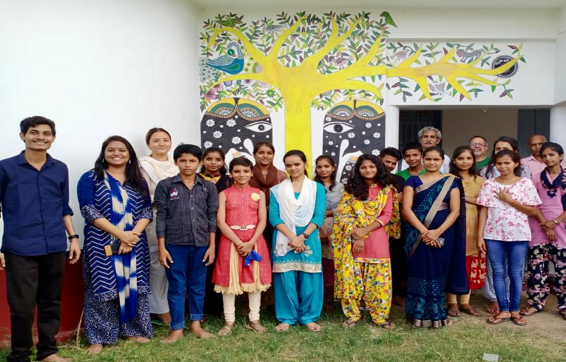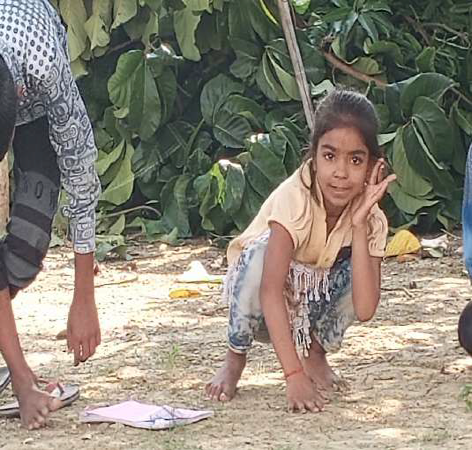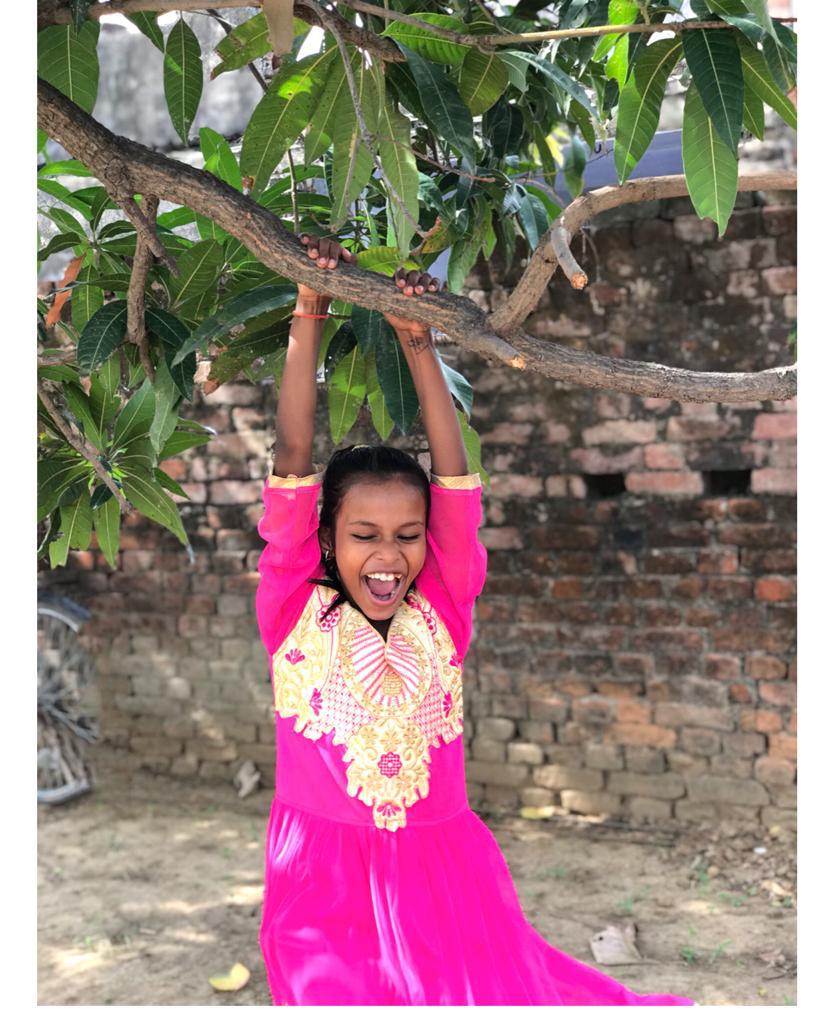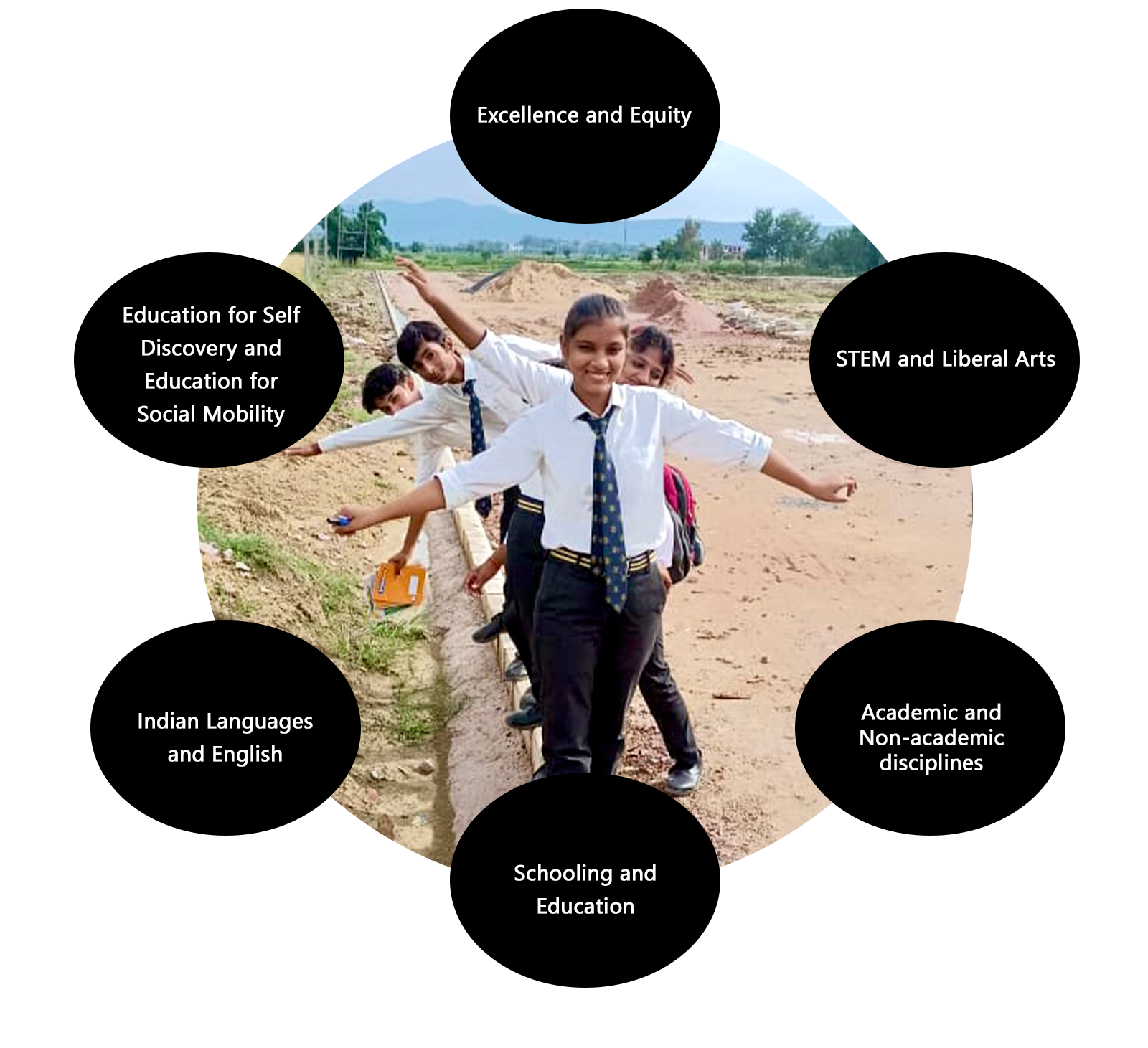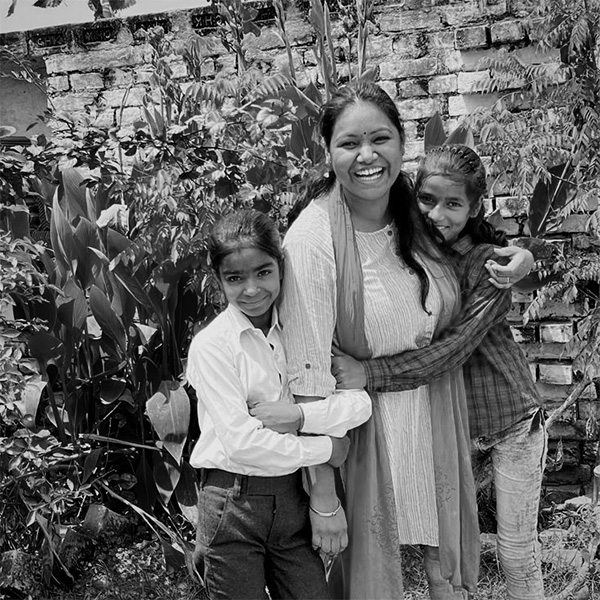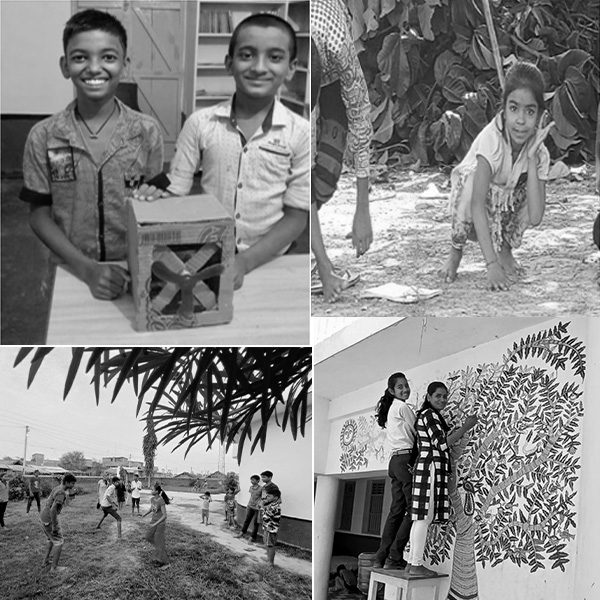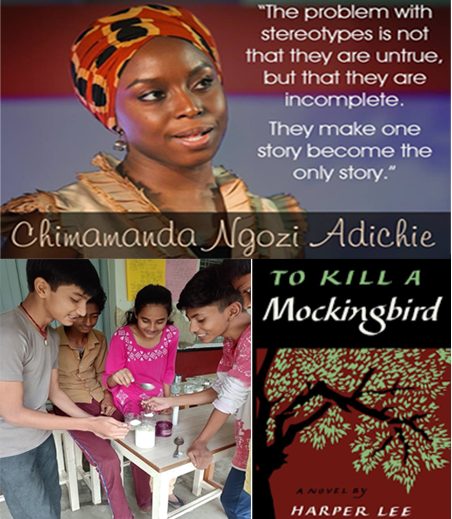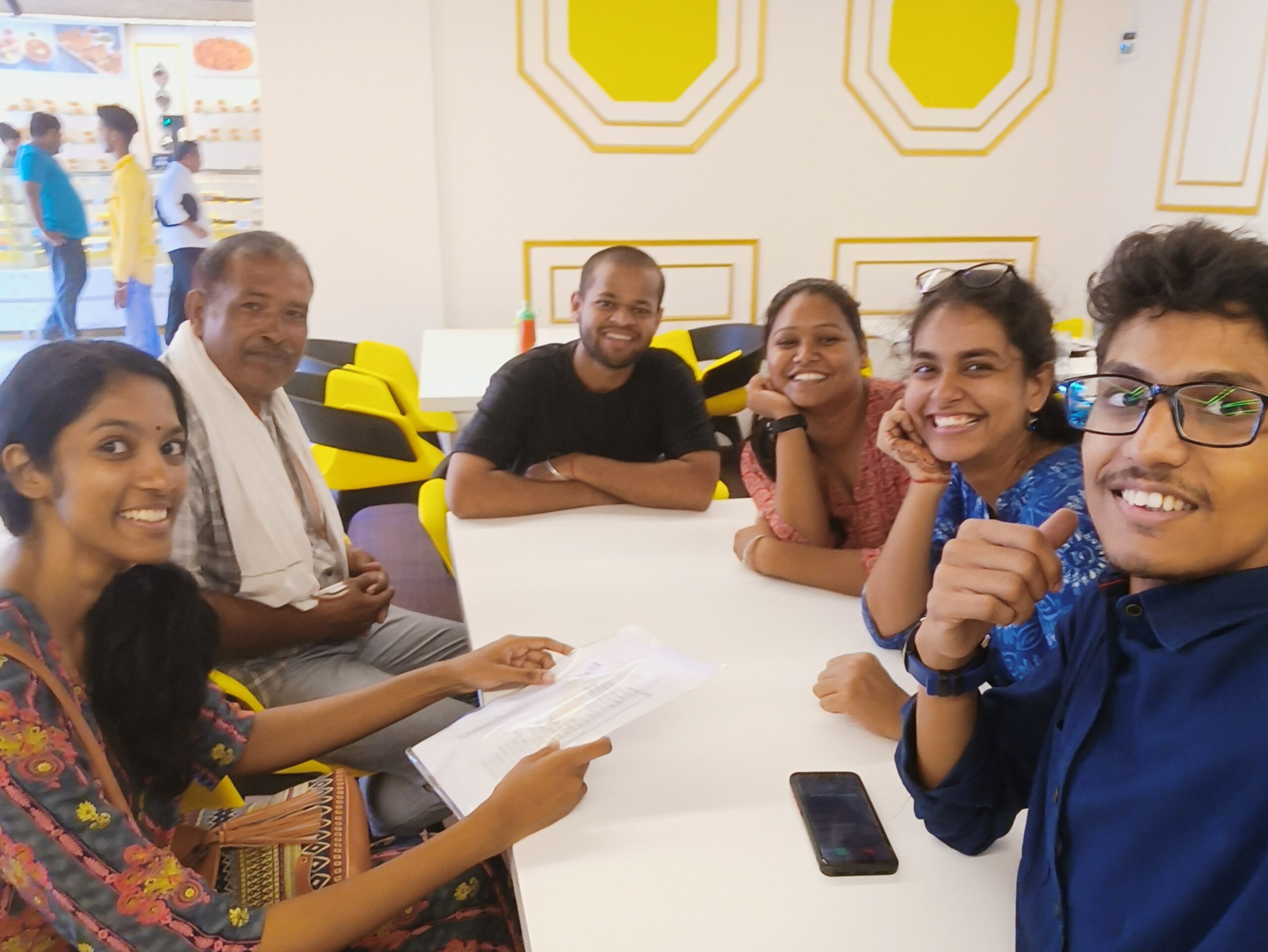PFA provides exceptional education to disadvantaged students. We believe in academic rigor and meeting high standards, while always keeping our focus on the whole child. Along with building strength in numeracy and literacy we also emphasize performing and visual arts, computer programming, health and physical education.
We aim for all our children to feel free: free from ignorance, generational overtly, discrimination and lack of opportunity.Hence our motto —sa vidya ya vimuktaye (that which truly liberates is education) Read more about our educational vision.


